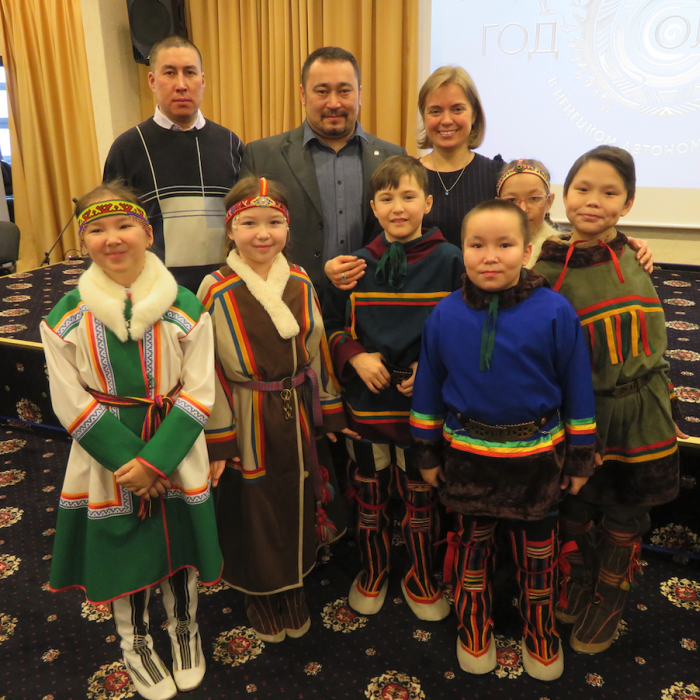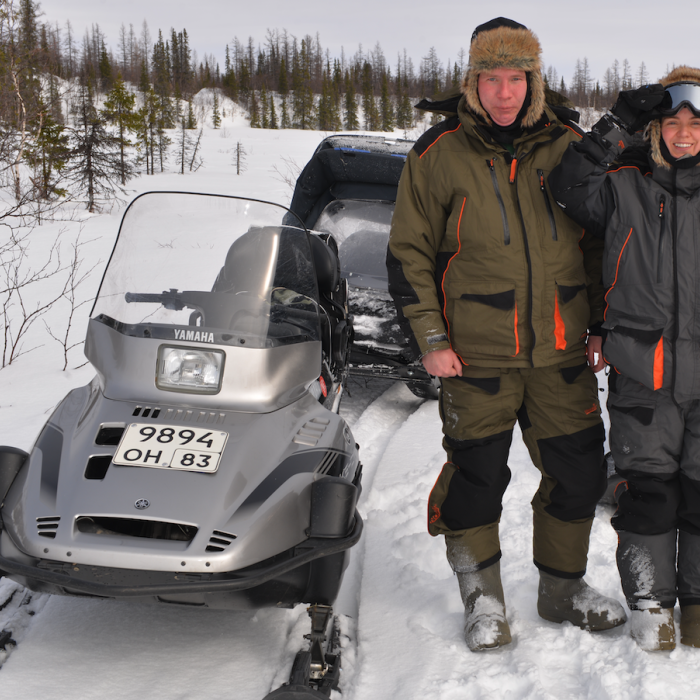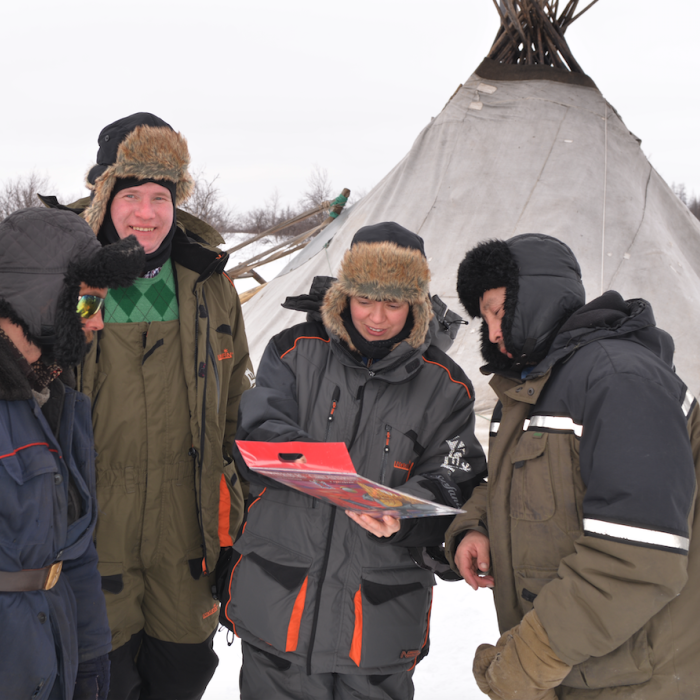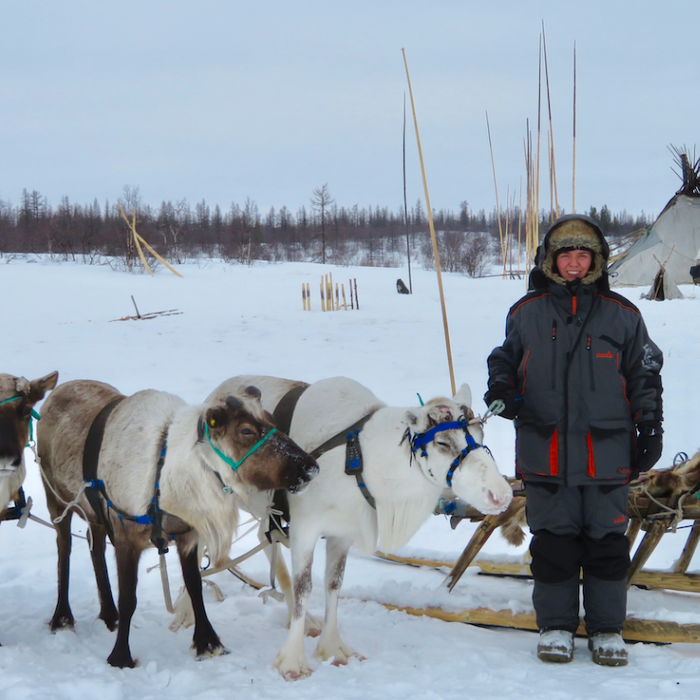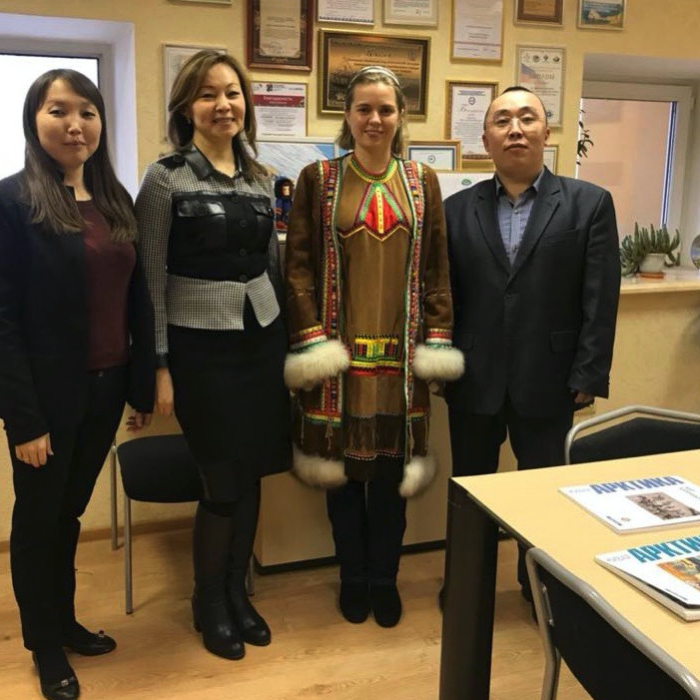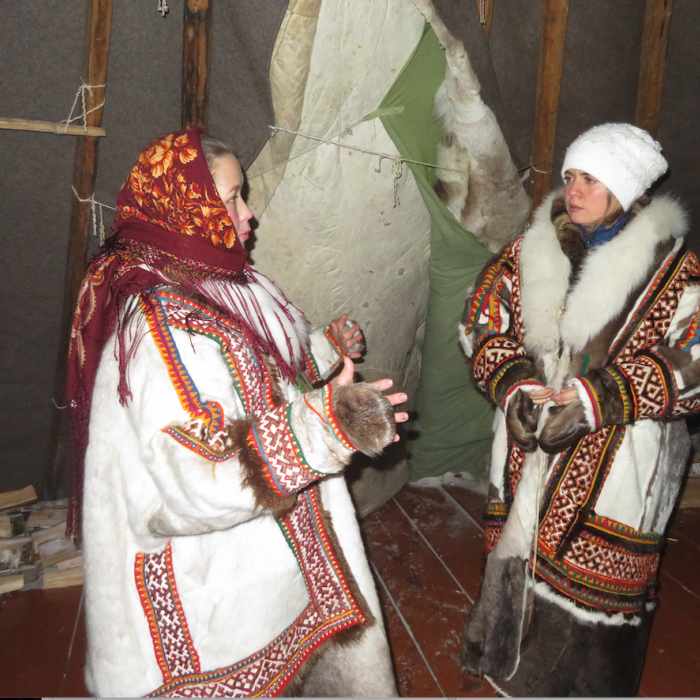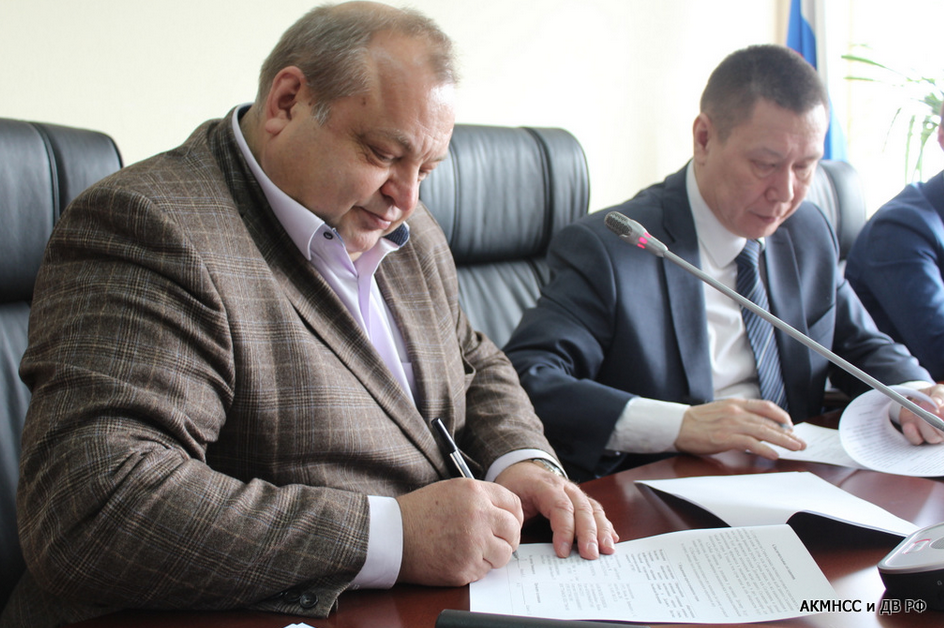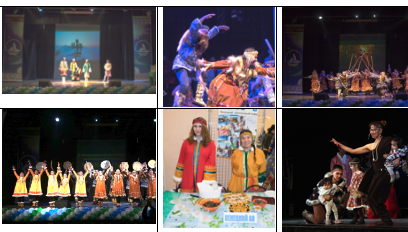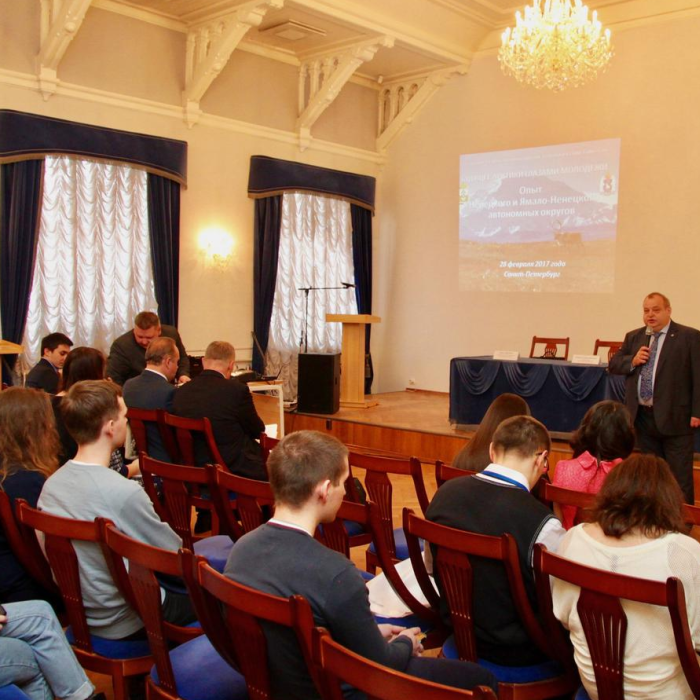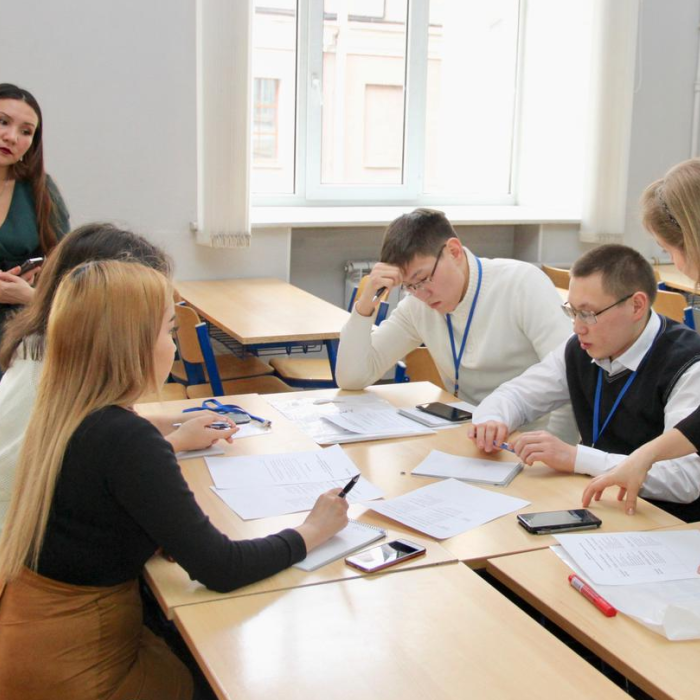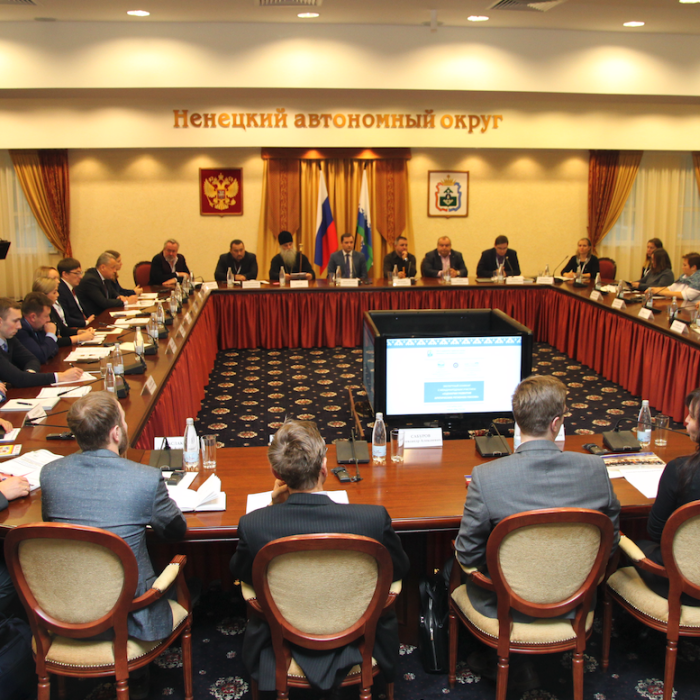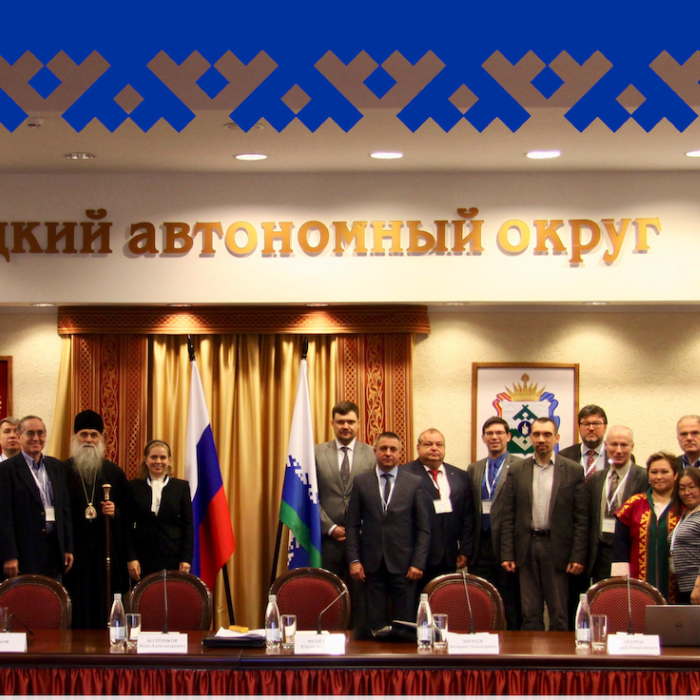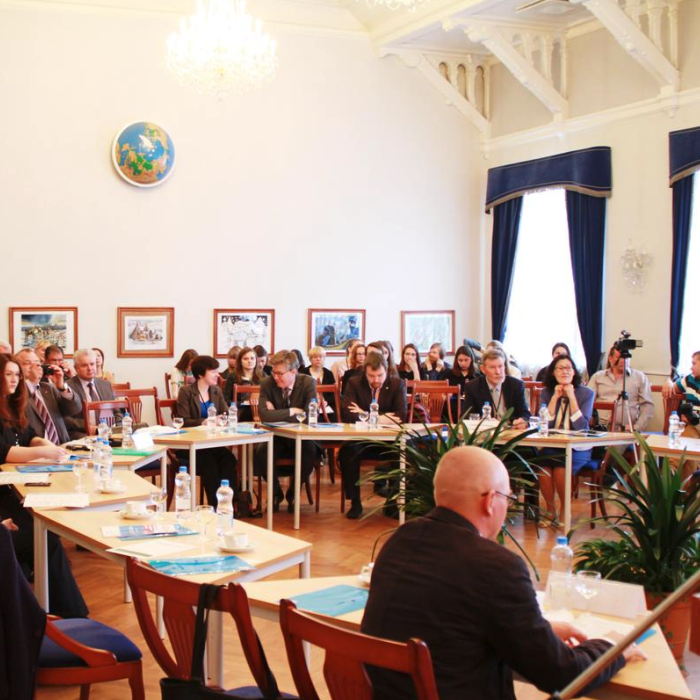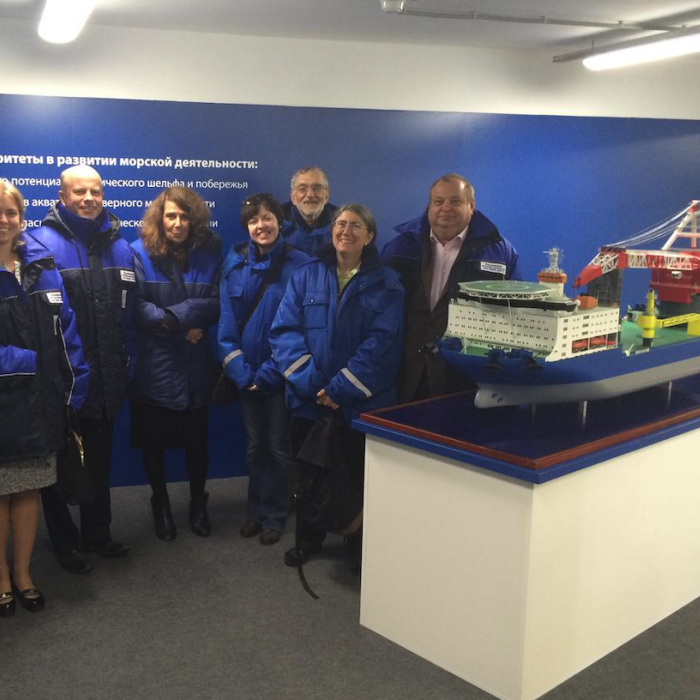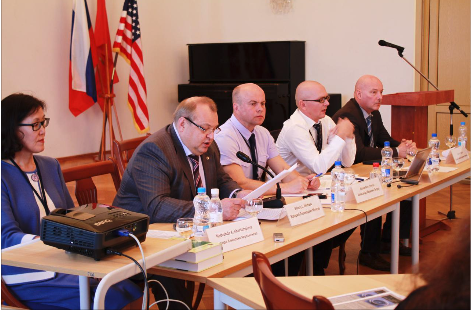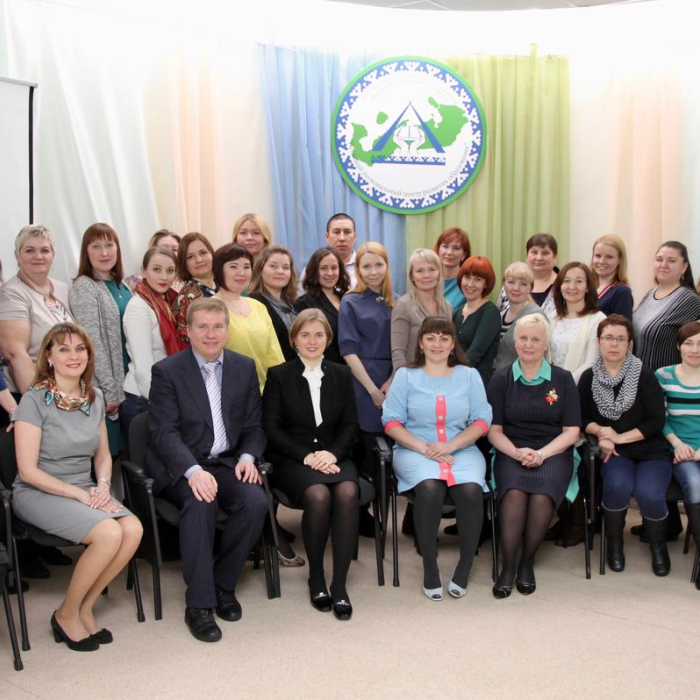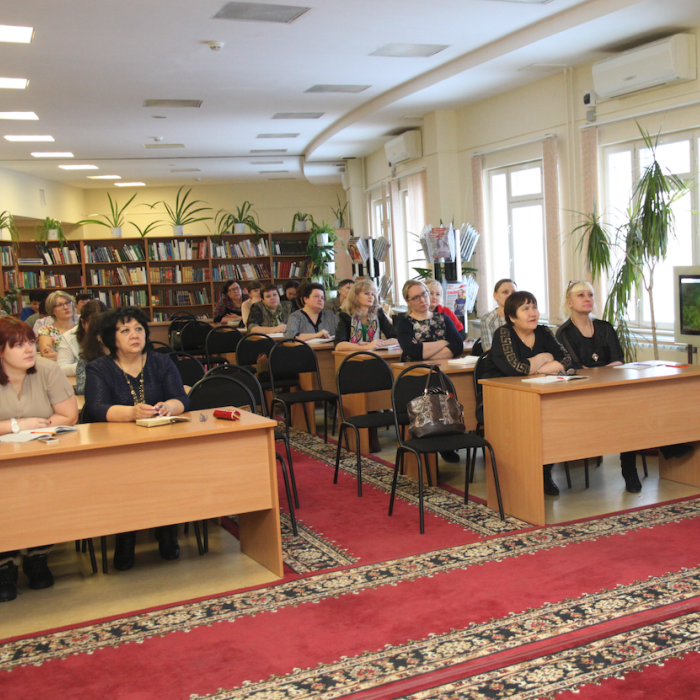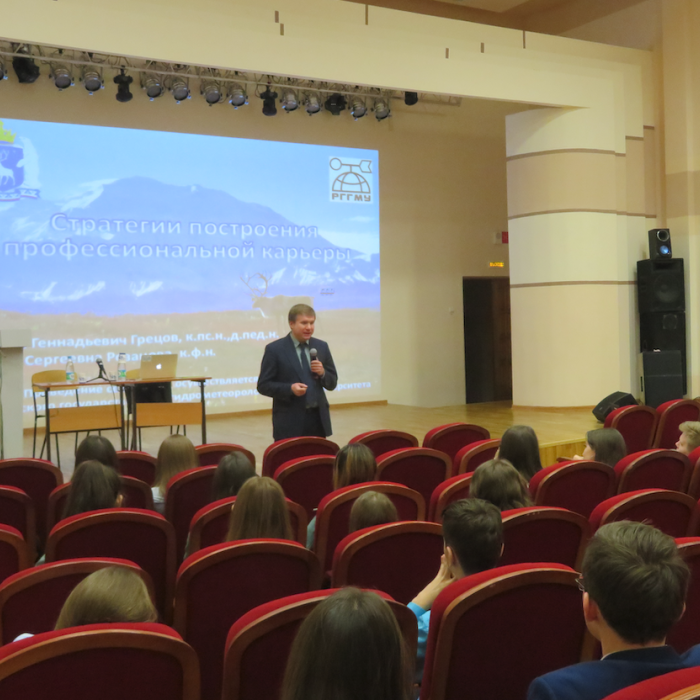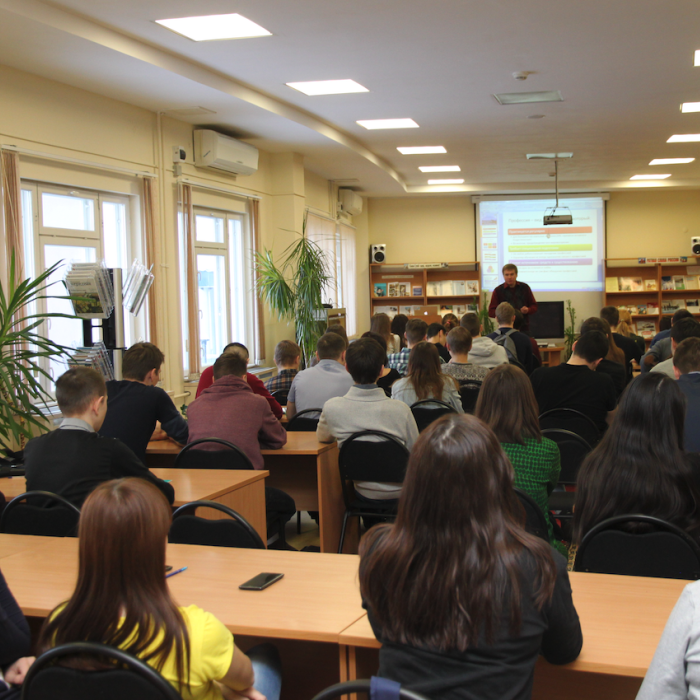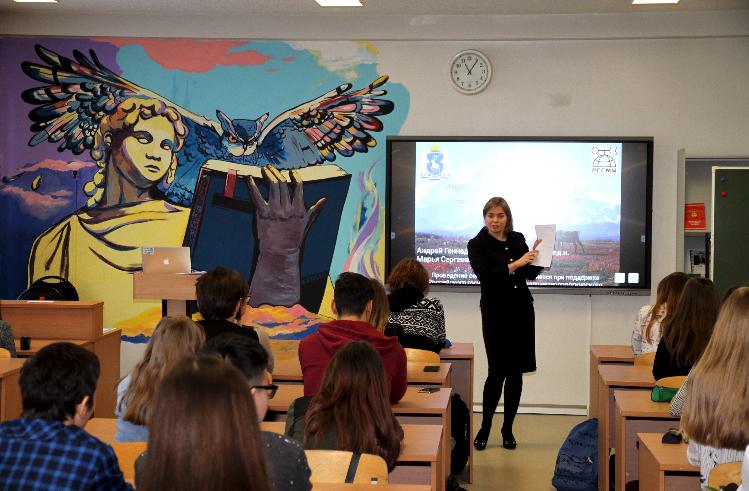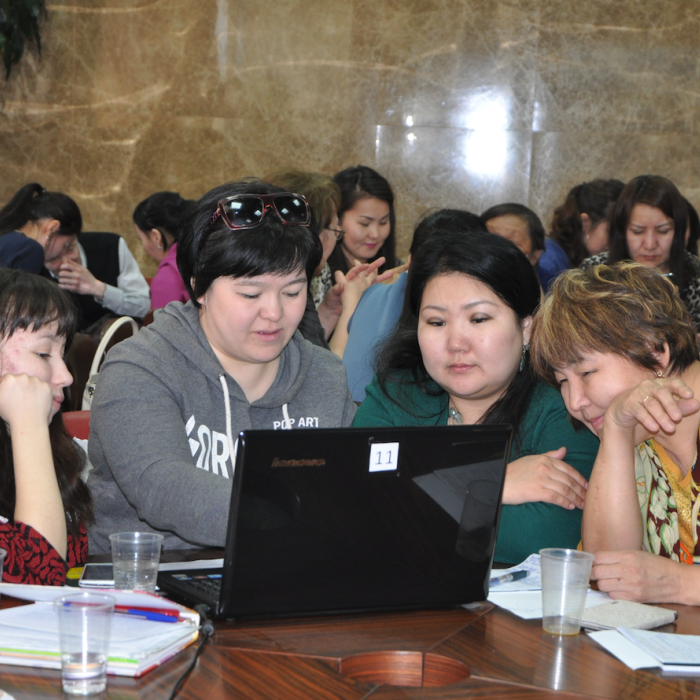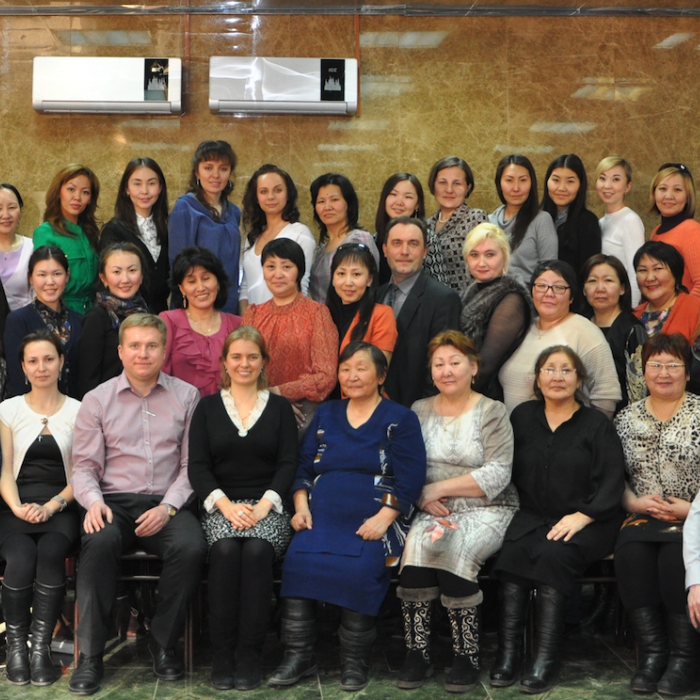
 The Russian State Hydrometeorological University (RSHU) is one of the leading higher education institutions in Russia providing education, training and research in meteorology, hydrometeorology, oceanology, climate change and related environmental as well as social disciplines. The main campus is located in St. Petersburg, Russia.
The Russian State Hydrometeorological University (RSHU) is one of the leading higher education institutions in Russia providing education, training and research in meteorology, hydrometeorology, oceanology, climate change and related environmental as well as social disciplines. The main campus is located in St. Petersburg, Russia.

Founded in 1930, RSHU has grown to an organization with a student body of over 6,000 students, including postgraduate and research students from 50+ countries.
RSHU is a Regional Training Center of the World Meteorological Organization in the Russian Federation.
In 2015 RSHU merged with the State Polar Academy that was established to enroll students from the Arctic regions and promote Arctic social studies and humanities. Since then, one of the key RSHU priorities is to enhance collaboration between natural and social scientists with the strong focus on the Arctic region and Arctic peoples. Contributing to the Polar Academy’s mission, RSHU strongly supports Arctic research on preservation and development of the indigenous peoples’ culture and traditions.In 2015 RSHU merged with the State Polar Academy that was established to enroll students from the Arctic regions and promote Arctic social studies and humanities. Since then, one of the key RSHU priorities is to enhance collaboration between natural and social scientists with the strong focus on the Arctic region and Arctic peoples. Contributing to the Polar Academy’s mission, RSHU strongly supports Arctic research on preservation and development of the indigenous peoples’ culture and traditions.
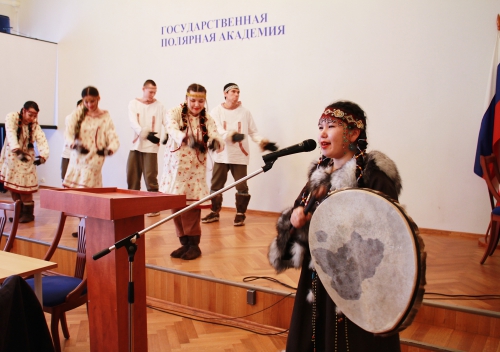
In 2020 RSHU is opening the Center for Arctic and Climate Research (CACR). The Center will focus on the following tasks: (1) research and education programs and projects in the Russian Arctic regions; (2) scientific integration into international scientific and educational community; (3) support of cultural traditions, lifestyles, knowledge, and preservation of the cultural heritage of the indigenous peoples of the North, Siberia, and the Far East; and (4) support for sustainable development and creation of innovative forms of traditional management of indigenous peoples of the North in a changing climate era. CACR’s research areas also include Atmospheric and Oceanic Processes, Atmosphere-Ocean Interaction, Weather Analysis and Forecasts, Climate Change, Environmental Studies, Natural Resource Management, Satellite Oceanography, etc.
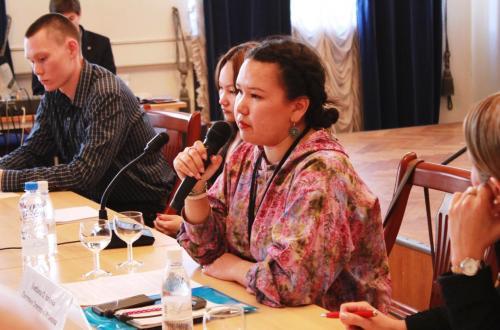
RSHU’s Current and Future Arctic Projects
Social Science Field Research in the Arctic
Since 2015, RSHU supports the social field research and public surveys in the Arctic regions, including questionnaires to the school/college students and specialists working in education sphere; interviewing the indigenous communities and leaders, and regional public officials.
For the most part, this became possible due to the international collaboration under the Program for International Research and Education project: Promoting Urban Sustainability in the Arctic (PIRE).
Social Science Field Research in the Arctic Photos
Collaboration with the Russian Association of Indigenous Peoples of the North (RAIPON) on Preservation and Development of the Arctic Cultures and Traditions
Organization of joint activities in the field of research on the development of the Russian Arctic zone and the prospects for energy-ecological, technological and socio-economic development, preservation of cultures, Indigenous knowledge systems, and traditional lifestyle of the indigenous peoples of the North, Siberia, and the Far East.
The agreement provides for joint educational, cultural and educational programs, participation of representatives of indigenous communities in conferences, forums and symposia on Arctic related issues.
RAIPON Photos
International Scientific Collaboration in the Arctic and for the Arctic
RSHU is aiming to bring together social and natural scientists, students and young career scientists, industry professionals, policy makers, leaders of indigenous communities, and other stakeholders to discuss current and future biogeophysical and socioeconomic complexity and transformation in the changing Arctic.
The main themes include:
- Climate Change and Arctic Future
- Economic Development in the Polar regions
- Trans-Arctic Shipping: Exploration of the
Northern Sea Route - Human and Social Capital Development
- The Changing Role of Indigenous Peoples in Arctic
- Development of International Relations in the Region.
International Scientific Collaboration in the Arctic and for the Arctic Photos
Educational Projects for the Arctic Youth
Since 2015, RSHU is providing educational/training courses in the for the school/college students as well as advanced courses for the professionals in education sphere in the Arctic regions. The courses include such topics as Career Building in the Arctic, Career Strategies in the Arctic, and Deviant Behavior Prevention among Youth in the Arctic.
Courses 2017–2018 are organized with support of the Program for International Research and Education project: Promoting Urban Sustainability in the Arctic (PIRE), https://blogs.gwu.edu/arcticpire/2018/03/06/contributing-to-urban-susta….
Educational Projects for the Arctic Youth Photos
Other RSHU’s ongoing research projects related to the Arctic:
- Forecasting changes of the aerosol influx to the atmosphere, regional monitoring and prediction of gaseous composition of the lower atmosphere in Eurasia (A joint project with the Finnish Meteorological Institute, with the financial support of Finland and the Ministry of Education and Science of the Russian Federation)
- Development of integrated ecological monitoring of sea and river ports
- Development of an automated information system for monitoring and forecasting storm sewers for urban water drainage systems
- Study of extreme events on the ocean surface by means of mathematical modeling
- Modeling “killer waves”
- Modeling the coastline destruction under the influence of strong sea disturbance
- Female empowerment in the Arctic
- Arctic youth’s career and life strategies.
RSHU cooperates with research and educational institutions in Finland, USA, Germany, Great Britain, Spain, Poland, China, Portugal, Italy, Sweden, Denmark, Norway, and others.
RSHU is open to new collaborations and partnerships for the purpose of research and joint educational programs.
For questions about RSHU, please contact Marya Rozanova, representative of the RSHU in North America, at marya.rozanova [at] gmail.com.
RSHU website (it is currently under development): www.rshu.ru

